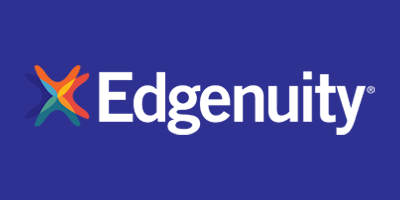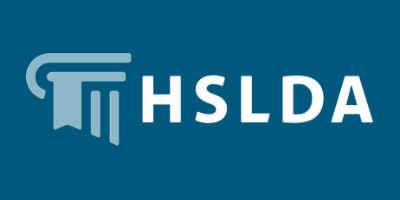New York Homeschool Information
—Homeschool In New York—
Homeschooling in New York




Find Out What the State Says About Home Education

New York Homeschool

👨🏫 7. Instructor Qualifications
-
No teacher certification is required—parents or competent instructors (like tutors) may teach
-
Tutors/groups can assist, but in-person instruction by others cannot exceed half of total instructional time; otherwise, the program may be regarded as a private school
🗂️ 8. Record‑Keeping
-
Maintain thorough records: LOI receipt, IHIP, quarterly reports, attendance logs, assessments
-
The school district may request these records at any time.
🧩 9. Other Considerations
-
No state diploma: homeschoolers must create a transcript, pursue a GED, or complete college credits
-
Immunizations: Not required for homeschooling, unless the child participates in specific school events
-
Special education: If a child has a disability, parents must apply by June 1 (or within 30 days after identification) to the Committee on Special Education (CSE) for services
-
Group teaching limits: Co‑ops or microschools teaching jointly beyond allowed limits risk being classified as private schools and face stricter regulations
New York School K-12 School Choice

4. Microschools / Homeschool Co‑ops
-
Legally, NY restricts collaborative homeschooling—if a group model resembles an independent school, it may face regulatory challenges including requiring fire code compliance, staff credentials, etc.
-
These restrictions limit the growth of microschools or homeschool co‑ops in the state.
5. Potential Federal Developments
-
A federal tax-credit scholarship proposal is in Congress. If passed, individuals could donate to scholarship-granting organizations and receive dollar-for-dollar federal tax credits, allowing scholarships to fund private school tuition or homeschooling expenses — with eligibility up to 300% of area median income
-
Such a national initiative could effectively introduce school-choice funding in states like New York that currently have none. Timing and details are still uncertain.
New York K-12 Scholarship Summary
Here’s a detailed guide on school choice and homeschooling in New York, including current funding options and potential developments:
🎓 1. Public School Choice in New York
-
Traditional public schools: Open-enrollment policies allow students to attend public schools outside their zoned district, depending on district participation
-
Charter schools: 6% of students attend charter schools, which are publicly funded and tuition-free. If oversubscribed, entry is lottery-based .
-
Magnet schools: Special-focus public schools (e.g. arts, IB) also free and open statewide
2. Private School Choice in New York
-
State-run scholarships or vouchers: None currently exist—New York does not offer state-funded private school choice programs
-
Private scholarships: Many independent schools collaborate with scholarship-granting organizations to offer aid (e.g., Children’s Scholarship Fund, Inner‑City Scholarship Fund)
-
Special education reimbursement: NYC families with disabilities may be eligible for tuition coverage for private placements if the public system can’t meet their child’s needs
3. Homeschooling in New York
-
Legal requirements:
-
Submit annual Letter of Intent to your district superintendent (NYC families to the DOE) within 14 days of starting or by July 1
-
File an Individualized Home Instruction Plan (IHIP) with quarterly reports and annual assessments
-
Teach required subjects (e.g., reading, physical education) and meet assessment standards
-
Group-based instruction is allowed for some subjects—but if most instruction is group-based, regulators may treat it as operating a school, which could trigger legal restrictions
-
-
Funding:
-
Homeschooling in NY is unsupported by state funding—materials, testing, etc., are all out-of-pocket .
-
No education savings accounts (ESAs), vouchers, or state tax credits currently allocated for homeschool families.
-
Homeschool Resources for New York
Homeschooling has been part of education for centuries. In earlier times, it was simple to begin without worrying about rules or oversight. Today, however, homeschooling regulations vary by state, and some families may find it more challenging to get started. That’s why NFC Academy provides helpful state-specific pages outlining homeschool laws—to guide and support you as you begin your journey.
In areas with stricter requirements, having reliable support is important. Organizations like the Home School Legal Defense Association (HSLDA) offer valuable legal guidance and protection, helping families stay informed and confident. With the right tools and resources, homeschooling can be a rewarding and manageable experience, no matter where you live.
Information on this page is intended for informational purposes for homeschool families in the specific state. The information supplied does not, nor is it intended to, provide specific legal advice. For specific legal advice, we recommend you consult an attorney. Membership with Homeschool Legal Defense may provide legal information for your situation, but you may prefer a local private attorney to review your situation to provide specific legal advice.



